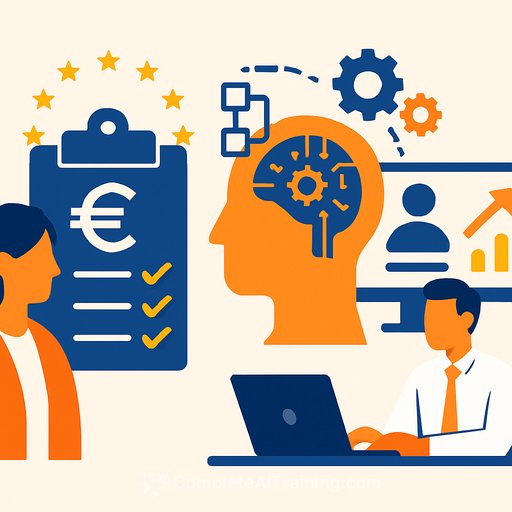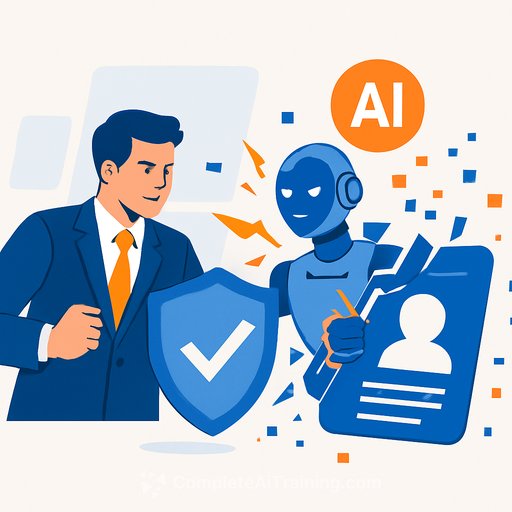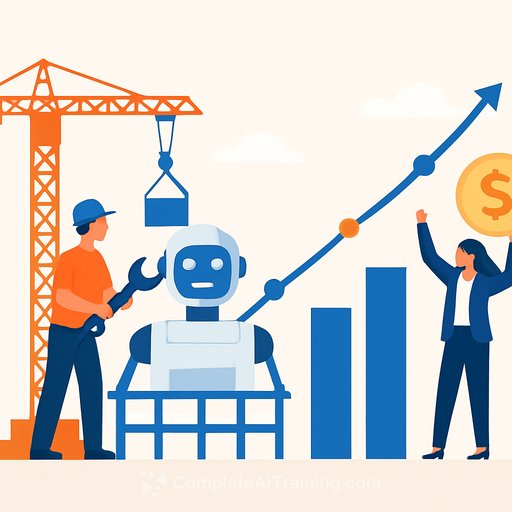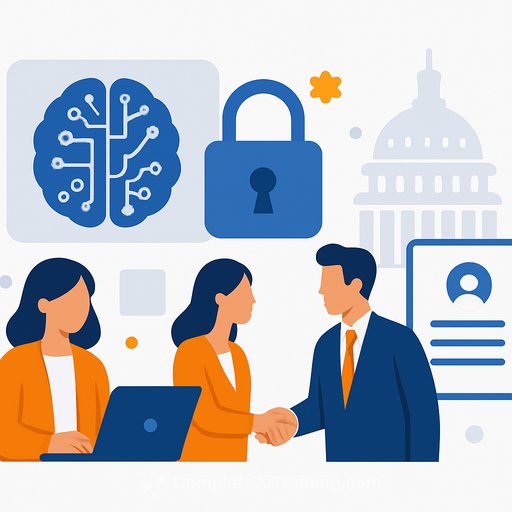Draft Report on Digitalisation, AI, and Algorithmic Management in the Workplace
In brief
The European Parliament's Committee on Employment and Social Affairs has released a draft report addressing digitalisation, AI, and algorithmic management within workplaces. It recommends a directive that would regulate algorithmic management broadly, including protections for self-employed individuals alongside traditional workers. While this proposal must pass several EU legislative stages before becoming law, organizations affected should track its progress closely due to its broad scope and potential impact.
Background
Current workplace technology is governed by a mix of EU and local laws, such as the General Data Protection Regulation (GDPR), the AI Act, and directives on information, consultation, and transparent working conditions. The upcoming Platform Work Directive, effective by 2026, will also apply in certain scenarios.
However, these regulations leave gaps, especially concerning how digital management tools affect workers' rights, conditions, and social dialogue. For example, the AI Act focuses on product safety and excludes many algorithmic management systems. The Platform Work Directive only protects platform workers, not the wider workforce. GDPR limits automated decisions only to fully automated processes, while some directives provide general but insufficient information on algorithmic management complexities.
Given these gaps, the draft report urges the European Commission to propose legislation specifically targeting algorithmic management. The goal: foster trust, safeguard workers’ rights, and support a fair digital transformation of the EU labour market.
Key provisions of the draft directive
- Broad definition of algorithmic management: It covers automated systems that monitor, supervise, evaluate, or make/support decisions electronically about work performance and conditions. This includes systems handling personal data and affecting workers or solo self-employed individuals in areas like assignments, earnings, safety, working time, training, promotion, and contracts.
- Written information requirements: Workers, representatives, and solo self-employed must be informed in writing about algorithmic systems, including their purpose, data collected (such as behaviour and performance), types of monitored actions, and whether automated decisions are made. This must happen before use, before significant changes, and on request.
- Mandatory consultation: Employers must consult employee representatives before deploying or updating systems. Discussions should include objectives, affected workers, workload impact, scheduling, health and safety, data collection, safeguards, human oversight, and training.
- Prohibition on sensitive data: Processing certain sensitive personal data—like emotional state, private conversations, or off-duty behaviour—is forbidden.
- Human oversight: Critical decisions (hiring, termination, compensation changes) require effective human review. Workers and solo self-employed individuals have the right to request system function reviews.
- Health and safety assessments: Algorithmic tools must be evaluated for risks like work accidents, psychosocial and ergonomic hazards, and excessive work pressure. Appropriate safeguards are required. National labour inspectorates will oversee compliance, including non-discrimination.
Next steps
The Committee must approve the draft before the European Parliament votes, expected around November. If adopted, the European Commission will decide whether to propose formal legislation. If it proceeds, the proposal will undergo negotiations between the European Parliament and the Council of the EU.
Practical impact for managers
The draft directive’s broad definition means many existing workforce management systems could fall under its scope—even those without AI components as defined by the AI Act. AI’s ongoing development, including future advances like Artificial General Intelligence (AGI), is a key factor prompting these recommendations.
If enacted, companies will need to audit current systems to identify risks and impacts on workers and self-employed individuals. This includes establishing clear grievance processes for those affected by algorithmic decisions and revising policies on data protection, performance evaluation, and employee rights—potentially including rights like disconnecting from work.
Training will become essential for managers, HR professionals, and staff interacting with these systems to ensure proper oversight and understanding. Although such regulations are still some time away, managers should monitor developments closely and prepare to adapt their practices accordingly.
For those interested in expanding their knowledge on AI and its application in management, exploring specialized courses can be valuable. Resources like Complete AI Training's latest AI courses offer practical insights into these evolving technologies.
Your membership also unlocks:






